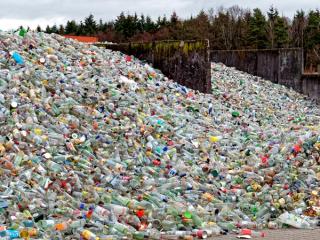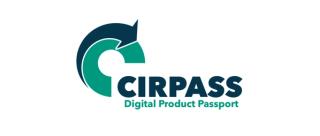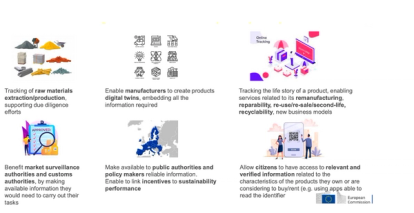
CIRPASS – Digital Product Passport
- Client Name
- Multiple
- Location
- Europe

Challenge
The linear economic model of extract/process/use/dispose is no longer valid, and we need to embrace the circular model of use/ reuse/return/recycle to reduce waste and increase efficiencies – otherwise known as the circular economy. The insatiable demand for natural resources (minerals, metals, cotton, fibers, etc, many of which are sourced in developing economies) in our supply chains for the manufacture of new products, is one of the main contributors to climate change.
Responsible sourcing, including certifiable environmental sustainability of raw materials along the supply chain will be critical to ensure that product consumption in Europe is not at the expense of the environment and climate mitigation. This is at the heart of the Digital Product Passport philosophy – delivering a track-and trace system from source to consumer, with a fully traceable supply of inputs for a range of products – ultimately to be returned to the circular economy to reduce resource consumption.
Solution
CIRPASS brings together a core network of leading organisations to build the European vision for a unified Digital Product Passport (DPP) approach across multiple value chains. It is a collaborative initiative in preparation for the gradual piloting and deployment of a standards-based DPP aligned with the requirements of the Proposal for Ecodesign for Sustainable Product Regulations (ESPR), with an initial focus on the electronics, batteries, and textile sectors.
CIRPASS is an acronym for Collaborative Initiative for a Standards-based Digital Product Passport for Stakeholder-Specific Sharing of Product Data for a Circular Economy.
SLR is a member of the CIRPASS consortium, along with 31 other European partners, led by the CEA (Alternative Energies and Atomic Energy Commission) of France.
The CIRPASS project, funded by the EU’s Digital Europe Programme, is doing the groundwork for the future development of the Digital Product Passport, including DPP prototypes for three key sectors: electronics, batteries, and textiles. And to ensure the cross-sectoral inter-operability of DPPs among European and international bodies and standardisation organisations.
This high-profile Consortium combines expertise from across these three industries, as well as stakeholders along the international production, supply, and distribution chains, laying the foundation for the deployment of a highly integrated product passport template by 2030.
SLR is currently involved in the project management and coordination of the project as well as contributing to stakeholder outreach. SLR is also producing this Annex of DPP-Related Solutions which contains profiles of DPP-related solutions that are currently on the market and which is regularly updated with new market entries.

What is a digital product passport?
The European Regulation on Ecodesign for Sustainable Products Regulation (ESPR) defines a DPP as a tool ”to electronically register, process and share product-related information amongst supply chain businesses, authorities and consumers.”
This is expected to increase transparency, both for supply chain businesses and for the general public and increase efficiencies in terms of information transfer. In particular, it is likely to help facilitate and streamline the monitoring and enforcement of the regulation carried out by EU and Member State authorities. It is also likely to provide a market intelligence tool that may be used for revising and refining obligations in the future.
Impact
As a consumer, it means that when you buy a product in the future it will display a signifier (the DPP). This signifier will indicate that this product, as a whole and/or its individual components, is traceable and responsibly sourced. As a consumer, it also means that you can be assured that this product has likely already passed through the economy and will continue on its circular journey after you have no more use for it.
The movement toward circularity is advancing rapidly and the information that DPPs will make available to stakeholders along the supply chain has the potential to ensure higher standards of social and environmental sustainability at source, as well as new opportunities for digital and supply chain businesses. From regulatory, consumer rights, and ethical standpoints, the DPPs will provide the European business community with a trusted and practical mechanism to address climate change through enhanced circularity.
How can you get involved?
Follow the below link which will take you to a recording of CIRPASS’s first public event, providing a multivisual introduction to the project.
Click here for a link to the video
CIRPASS wants to engage with as many people as possible to ensure the DPP will meet the needs of European suppliers, manufacturers, intermediaries, distributors, wholesalers, traders, retailers, recyclers, SMEs, and consumers. You can engage and keep up to date on the work of CIRPASS through the CIRPASS website and the CIRPASS social media channels on LinkedIn and Twitter.
If you would like to be included in our stakeholders list, please sign up here.

